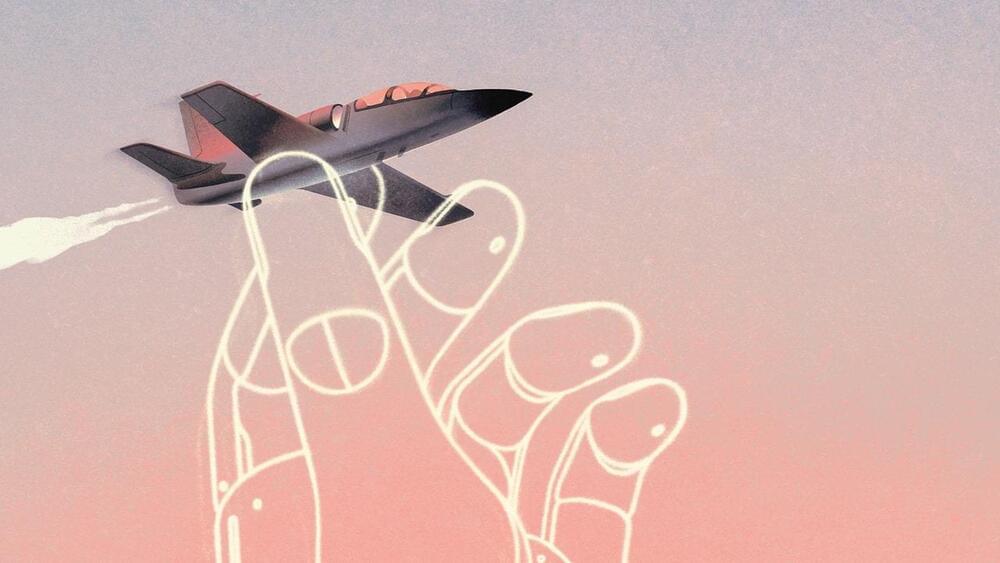Mock seemed pleased with the outcome. “You could look at this and say, ‘O.K., the A.I. got five, our human got zero,’” he told viewers. “From the fighter-pilot world, we trust what works, and what we saw was that in this limited area, this specific scenario, we’ve got A.I. that works.” (A YouTube video of the trials has since garnered half a million views.)
Brett Darcey, who runs Heron, told me that the company has used Falco to fly drones, completing seventy-four flights with zero crashes. But it’s still unclear how the technology will react to the infinite possibilities of real-world conditions. The human mind processes more slowly than a computer, but it has the cognitive flexibility to adapt to unimagined circumstances; artificial intelligence, so far, does not. Anna Skinner, a human-factors psychologist, and another science adviser to the ACE program, told me, “Humans are able to draw on their experience and take reasonable actions in the face of uncertainty. And, especially in a combat situation, uncertainty is always going to be present.”
